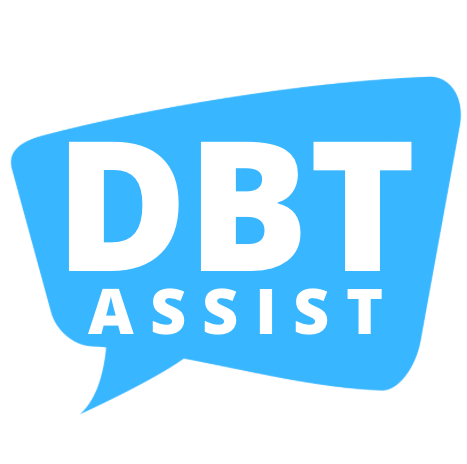C-DBT Program
This group is specifically for family, friends and supporters of individuals with extreme emotions and those in DBT Programs!

Why do C-DBT?
Are you a carer, family member, partner or friend of someone who has been diagnosed with borderline personality disorder, post traumatic stress disorder and/or extreme emotional dysregulation?
If you are, C-DBT is a program that can provide you with support and practical skills to effectively embrace compassion and wisdom each day to fully experience and participate in life!
If you are, C-DBT is a program that can provide you with support and practical skills to effectively embrace compassion and wisdom each day to fully experience and participate in life!
The C-DBT program is based on the work of Perry
Hoffman, Alan Fruzzetti, Marsha Linehan and Shari Manning which was first
published in 1999. The Australian DBT Institute delivered our first C-DBT
Skills Training in 2004 to complement our DBT programs and to support carers,
partners, family and friends of individuals in our DBT programs. Today’s
version of our C-DBT Skills Training Program has been further enhanced to
include the lived experience of individuals with extreme emotions and their
carers as well as current research.
The main goals of C-DBT Skills Training are to: ·
- provide carers, friends, family members and/or partners with the skills that enhance compassion, coping and the support of loved ones.
- provide an overview of the skills and resources taught in DBT programs throughout Australia.
- learn about how emotional sensitivity and overwhelm impact relationships
- acquire effective relationship, crisis management and self-management skills.
What's included?
OVERVIEW OF SESSIONS
Week 1: C-DBT Introduction
• Program goals
and overview • Overview of emotion
dysregulation and borderline personality disorder • Introduction to dialectics
and key dialectical patterns in family functioning • Biosocial Model &
Behaviour Responses to Stress • Skills Coaching in DBT
Wk 2 & 3: Being Aware (Mindfulness)
• Methods to access and to express our Wise/Balanced
Mind” • The
essential skill of mindful observing • Mindful describing to put words to our inner
experience, to validate, and to communicate more accurately • Participating more
mindfully, openly, and deeply to truly engage our relationships • Increasing awareness
of our judging • Learning to non-judgmentally describe •
How to one-mindfully direct our
attention in relationship • Increasing
effective ways of relating with the priority on “What’s Effective/What Works?”
Wk 4 & 5: Family & Carer Relationships
• DBT Bio-Social Theory and empathy • Understanding the results of invalidation • How to use Validation as an essential skill in relating and for emotion dysregulation • Recognizing the context that triggers behavioural challenges and conflict • Recognising the function of problem behaviours and how to avoid unintentionally reinforce these behaviours • Using a 24-hour timeline (behavioural chain analysis) to more effectively understand and intervene in a problem behaviour patterns
Wk 6: Coping with Chaos
• Strategies to effectively accept (when necessary),
not resist or judge challenging situations • Replacing old mood-dependent, self-defeating
behaviours with effective, crisis-survival skills
Wk 7: Managing Emotions
• Understanding the functions of emotions • Goals of emotion
regulation as support and guide • Using Mindfulness to understand intense emotions • Applying skills to decrease our vulnerability
to overwhelming emotions • Applying skills to decrease our emotional
suffering and reactivity with others
Wk 8 & 9: Navigating Relationships
• Applying Core Mindfulness skills in our
relationships • The role of family beliefs, secrets, myths
• Clarifying
goals and priorities for our objectives, relationships, and self-respect needs
Wk 10: Applying C-DBT in our Important Relationships
• Fine-tuning our 24-hour timeline (Behaviour Chain Analyses) • Reviewing the C-DBT skills and strategies in light of individual Values, Goals and Actions • Discuss the most important skills that each member wants to commit to practice
